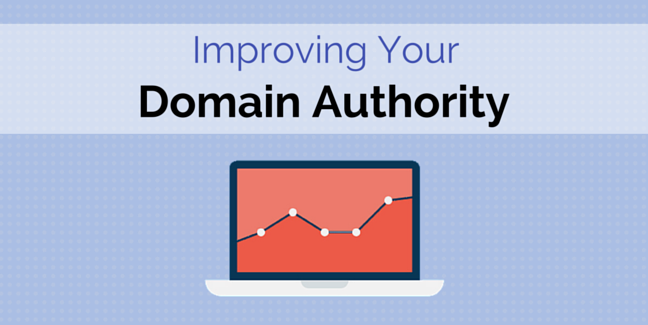
Domain Authority is a measure of how well a website is likely to perform in search engine results. It’s a search engine ranking score developed by Moz to give an overview of likely site performance. After Google deprecated and then stopped publishing PageRank, DA became one of the go-to replacements.
As search engines and their algorithms become more refined, more ranking signals have emerged to help rank sites and order them so searchers can find what they’re looking for. One of these is domain authority.
In layman’s terms, domain authority is a website rating. The higher your domain authority, the better your website in comparison to other websites. Unlike SEO, a higher domain authority won’t directly affect your PageRank, but it is an indirect metric that can help you determine how your website fares compared to others. If a site has a higher domain authority, that is an indication that it will rank higher than comparable sites.
Domain authority is a metric developed by Moz. It was designed to be a prediction of a site’s rank on a search engine results page. Domain authority scores are measured from 1 to 100 and higher scores are better. A lower score means you’re less likely to have a favorable rank on a search engine. However, a lower score also doesn’t mean that your website is necessarily bad.
One of the primary drivers of domain authority is your link profile. As with SEO, the type and number of sites with links to your domain matter a great deal. MozRank and MozTrust are other metrics that go a long way to determining how high your domain authority is. Moz explains that there are many different factors that influence domain authority because it is meant to measure how a site will rank in Google search results. Google uses many factors to rank and so, too, does Moz.
Raising your domain authority can help you rank higher on a search engine results page, because the same things that raise your domain authority also improve your SEO. Improving your link profile goes a long way toward raising your domain authority. So how can you increase your domain auhority?
Number of Backlinks
Increasing the number of backlinks from quality sites will raise your score more than other factors. Keep in mind, though, that you must keep your focus on quality sites. If you use low-quality sites, it can actually hurt your domain authority and SEO.
Link Diversity
Another way to make your link profile work for you is to diversify it. If you’re getting most of your links from the same sites or types of sites, look elsewhere for new links. Consider ones with different domain extensions or locations around the world. It’s important that these sites are high-quality as well.
Internal Link Structure
Make sure you’re using strong internal links on your website. Blog posts that reference one another should be linked together. Topics that reference others you’ve written about should be linked so readers can easily get more information. A strong internal link structure can offer link juice while also raising your domain authority.
Disavow Negative Links
Sometimes spam sites or low-quality sites link to your domain without your consent. Google offers a Disavow tool that allows you to remove the connection to your site. Removing negative links can help raise your domain authority because it removes any penalty for these low-quality associations. You can also contact the websites that link to your site and ask for those links to be removed.
Optimise Your Pages
If you haven’t already optimised all your title tags, image tags, images, and content for search engine purposes, do it now. Your search engine optimisation helps improve both your PageRank and your domain authority, and therefore it is essential that your page is optimised.







